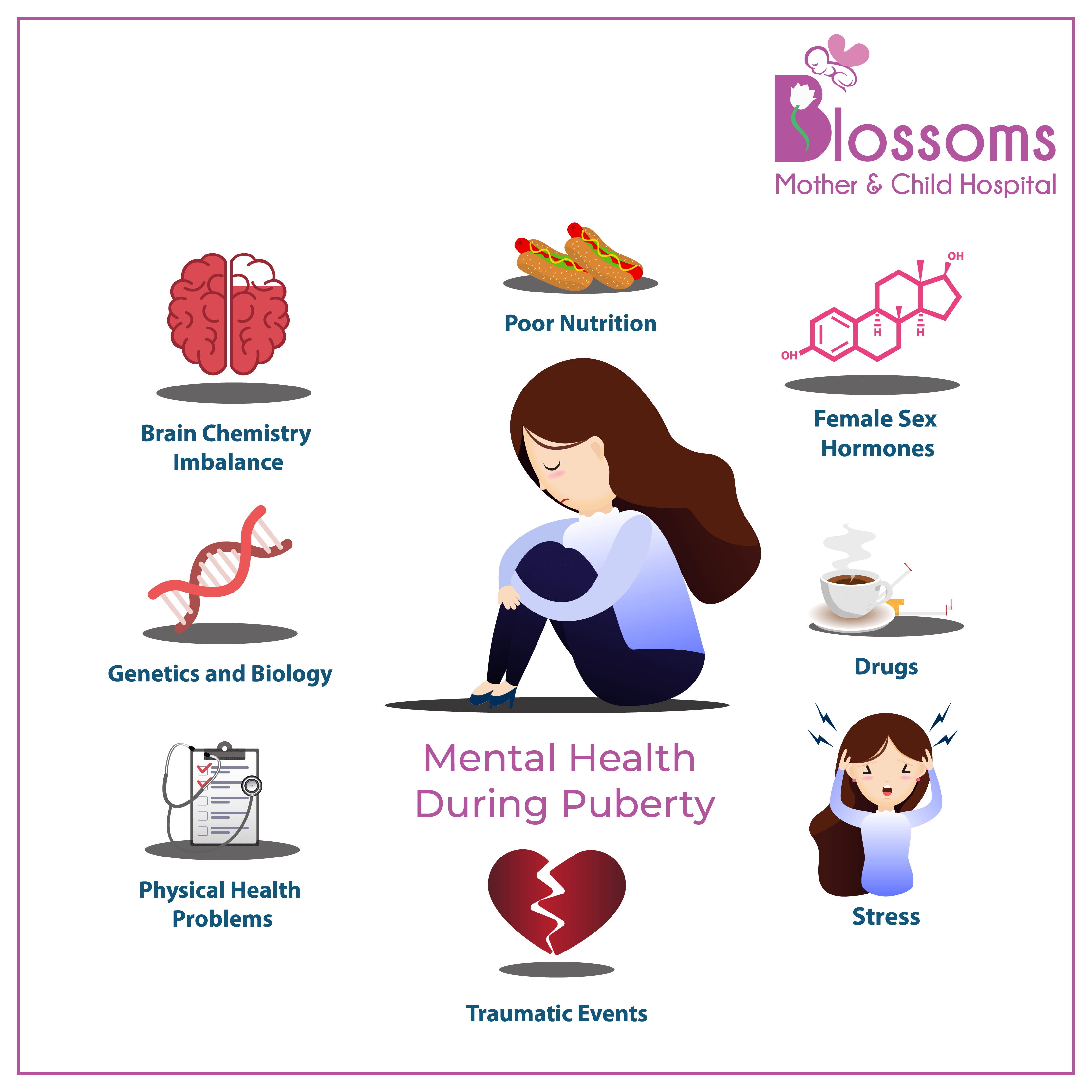Puberty is an important part of our lives. It is a natural phenomenon that is required for the body to grow. The body goes through a series of changes during puberty that determine the overall performance of the body for life. Adolescence is noticed from 10–19 years and is the formative time for an individual. While most adolescents have good mental health there are multiple physical, emotional and social transformations they have to face. These changes promote psychological well-being protecting them from risks that impact their potential to thrive in the big bad world.
Here we have a list of behavioral problems that many adolescents go through. Nonetheless, before that, here’s why these problems occur.
While it is now a known fact that puberty is all about physical and mental changes in the body, what’s essential to know is that the physical and mental transformations are interrelated. One is a natural occurrence and the other is the reaction.
Emotional disorders
When a child enters adolescence, there’s a gush of hormone production. The brain signals various glands in the body to produce certain hormones for the body to function as per its physical age. This results in physical changes including facial and pubic hair growth and emotional changes. In most cases, the children don’t face trouble through their adolescence. But since everyone is different, the hormonal levels and personality of the child play a vital role in turning these changes into emotional disorders. Depression or anxiety, excessive irritability, and anger are the most common problems. Additionally, some adolescents may develop emotion-related physical conditions such as stomach aches, nausea, and headaches.
Depression is a global problem these days and is also the ninth leading cause of various illnesses and mental disabilities in many adolescents. Depression also leads to withdrawal, avoidance of people, loneliness and can lead to suicidal tendencies at its worst.
Withdrawal or avoidance of family, peers or the community can exacerbate isolation and loneliness. At its worse, depression can lead to suicide.
Eating disorders
There are various reasons for eating disorders including unidentified depression. It is more common in females than in males. Eating disorders such as bulimia nervosa, binge eating, and anorexia nervosa disorder are harmful eating behaviors that involve excessively restricting calorie intake or binge eating. Adolescents who go through this disorder also experience feelings of guilt self-disgust or distress, while binge eating. Eating disorders are also known to coexist with substance misuse in severe cases.
Risk-taking behaviors
Risk-taking behaviors mostly involve substance use and sexual risk-taking that occurs mostly due to unidentified excess production of sexual hormones. There is an emotional imbalance that limits the ability to control or manage emotions. Risk-taking behaviors usually impact the mental and physical wellbeing of the adolescent very strongly and are irreversible.
While depression and anxiety are the most popular associations that we know of, there’s a need to cater to these problems with a lot of care and compassion. It’s all about using every medium to voice it out the right way. In this digital age, life has become quite unpredictable. However, a strategic protocol to spreading awareness about teenage transition and the problems that come along with puberty can help parents help their children be safe from adverse behaviors and health epiphanies during puberty. Blossoms Hospital, Vijayawada is the right place to walk in and make a difference to your community, while we have the best doctors to help you understand the phase and turn things in your favor for your child’s wellbeing and sail through puberty without too much of a hassle.

